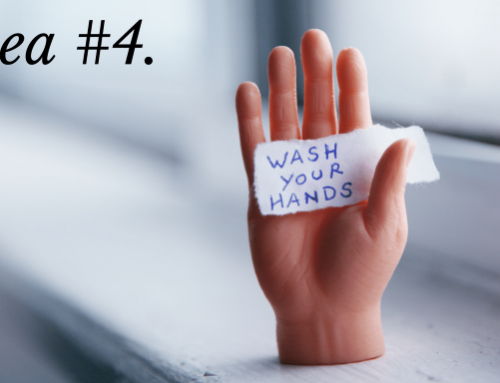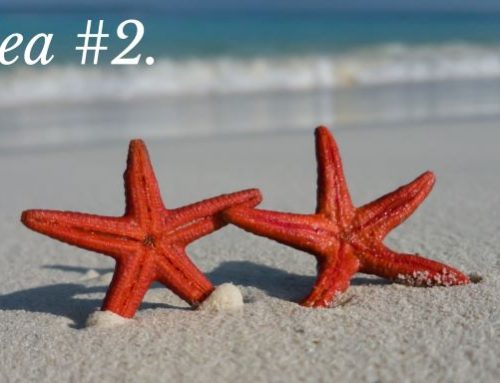Schools today favour group work, public speaking and students being exposed to a wide variety of topics, which can be great. Until it isn’t.
Neurodivergent people are often specialists. Demanding that they take up every subject and activity known to humankind can feel oppressive to them. I believe, and our son has clarified this, that if he wants to try a wide variety of things, he will. Using “age and stage” guidelines for educational or parenting purposes doesn’t necessarily work for people on the spectrum. An individual, co-created education plan will work best. And even then, factual reasons for why something must be learnt will need to be offered. “Just because it’s in the curriculum” has never cut it for our son and has simply led to shut down.
Splintered skills (sometimes known as uneven knowledge) are the norm for autistic learners. That is, our spectrum people might have a tertiary skill level in their area of interest (e.g. conifers), but a primary level of comprehension in some social skill (e.g. the ability to conduct small talk with the hairdresser).
By engaging with our loved one’s areas of expertise or niche interests we demonstrate our respect for them. And this builds trust. While most of their day might be spent feeling stressed out and pushed around, the rest of it, once they are home, could feel fun and relaxing. This is especially true if they can dive deep into their area of intense interest and finally experience their moment of effortless learning.
Engaging in their areas of intense interest will help you create a bridge into their world. It’s OK if you’re useless at their areas of interest. It’s the joining that matters. But it must be sincere—they’ll know if you’re faking it. You may not like origami or Jurassic geology, but you can admire and genuinely enjoy your child’s growing expertise. Why not provide the drinks and snacks while you watch them swap out a jet engine on their mobile plane?
Don’t get caught up in the things neurotypical young people like to learn—you may want your child to practice martial arts but discover that they just want to watch shark documentaries. This may feel disappointing. But being disappointed in your autistic young adult for not being neurotypical is hurtful. It’s as misguided as being disappointed in an elephant for not being more like an umbrella.
Focus on what your child can do. Support it and bond over it. And remember, most people learn best when they are calm and happy. If they feel ashamed and humiliated, they will not learn a new skill. They will only learn to dislike themselves.





